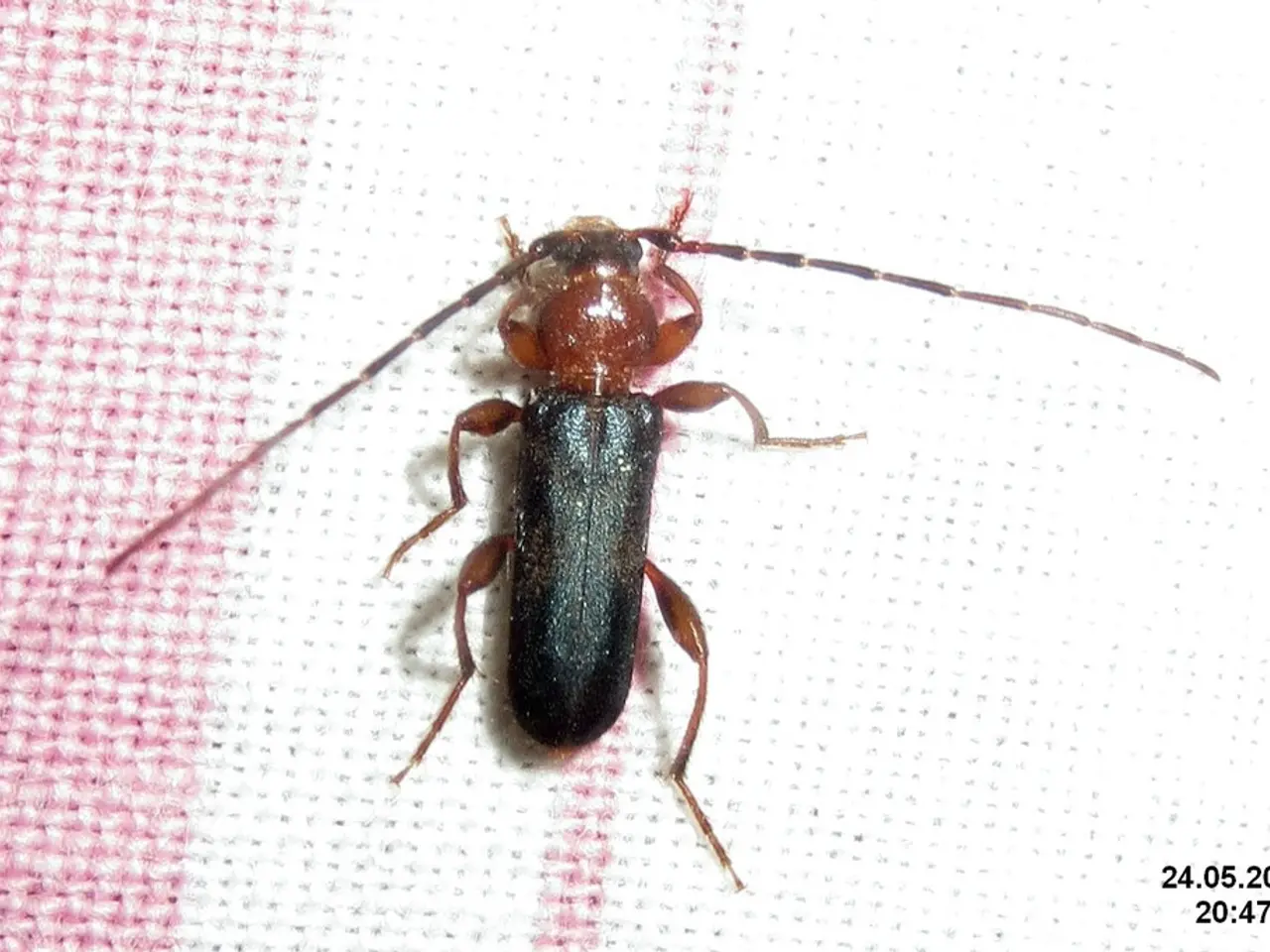'Kraken' Covid Variant Sparks Increased Anxiety Due to Potential Threats
Rising Concerns over the Transmissible XBB.1.5 COVID-19 Variant
The XBB.1.5 variant of COVID-19, a descendant of the omicron XBB subvariant, has been identified in at least 28 countries worldwide, according to the World Health Organization (WHO) [1]. In the United States, it has become the dominant strain, accounting for approximately 41% of all infections by the end of December [1].
Although XBB.1.5 is more transmissible than previous Omicron subvariants, there is currently no clear evidence that it causes more severe illness [1]. However, its increased transmissibility and signs of resistance to immunity pose potential risks, particularly re-infecting people who have recovered from an earlier round of Covid [2].
Scientists have warned that subvariants like XBB.1.5 pose "major risks" to current Covid vaccines [6]. Fortunately, new XBB.1.5-targeted booster vaccines have been shown to be safe and induce strong immune responses, producing significant neutralizing antibodies against XBB.1.5 and some cross-protection against related strains [2][3].
In China, the situation is less clear. While there haven't been any domestic cases of XBB.1.5 as of the latest update, given its higher transmissibility and partial immune evasion seen in the U.S. and global contexts, China could see increased COVID-19 spread if the variant becomes dominant. The availability and deployment of updated vaccines targeting XBB.1.5 will be crucial in mitigating risks [1].
The WHO names Covid variants using the Greek alphabet, but since omicron, there has been no more Greek-named variants. Instead, XBB.1.5 and other related lineages have names derived from a mix of alphabets and numbers known as "Pango" [7].
In the US, vaccination rates are a concern. Only 15% of the population aged 5 and above has received an updated bivalent booster dose, and less than 4 in 10 of the senior population have received it [4]. Greater transmissibility of XBB.1.5 means more people are likely to get infected, potentially leading to more serious outcomes.
References:
[1] WHO (2022). COVID-19 Technical Updates: Weekly Epidemiological Update for 10 January 2023. Retrieved from https://www.who.int/publications/i/item/weekly-epidemiological-update-on-covid-19-10-january-2023
[2] FDA (2022). FDA Authorizes Moderna COVID-19 Vaccine, Administered as a Single Booster Dose, for Use in Individuals 18 Years of Age and Older. Retrieved from https://www.fda.gov/news-events/press-announcements/fda-authorizes-moderna-covid-19-vaccine-administered-single-booster-dose-use-individuals
[3] Pfizer-BioNTech (2022). Pfizer-BioNTech COVID-19 Vaccine Bivalent Booster Dose for Omicron BA.4/BA.5 Receives FDA Authorization. Retrieved from https://www.pfizer.com/news/press-release/press-releases/2022/pfizer-bioNTech-covid-19-vaccine-bivalent-booster-dose-for-omicron-ba4ba5-receives-fda-authorization
[4] CDC (2022). COVID Data Tracker: Vaccinations in the U.S. Retrieved from https://covid.cdc.gov/covid-data-tracker/#vaccinations_vaccinations-total-doses-administered
[5] NIH (2022). NIH-Supported Studies Show That Updated COVID-19 Booster Shots Offer Strong Protection Against Omicron Variants. Retrieved from https://www.nih.gov/news-events/news-releases/nih-supported-studies-show-updated-covid-19-booster-shots-offer-strong-protection-against-omicron-variants
[6] WHO (2022). WHO: Omicron subvariant BA.5 poses 'major risks' to current Covid vaccines. Retrieved from https://www.reuters.com/world/health/who-omicron-subvariant-ba5-poses-major-risks-current-covid-vaccines-2022-07-18/
[7] GISAID (2021). Pango Lineage Assignments. Retrieved from https://nextstrain.org/ncov/gisaid/hCoV-19-pangoLINEAGE-ASSIGNMENTS
Health professionals are closely monitoring the transmissible XBB.1.5 COVID-19 variant, as its increased transmissibility and potential immune evasion pose risks to those who have recovered from earlier Covid infections. In the realm of health and wellness, the ongoing development and deployment of updated vaccines targeting XBB.1.5 are key in mitigating these risks.




